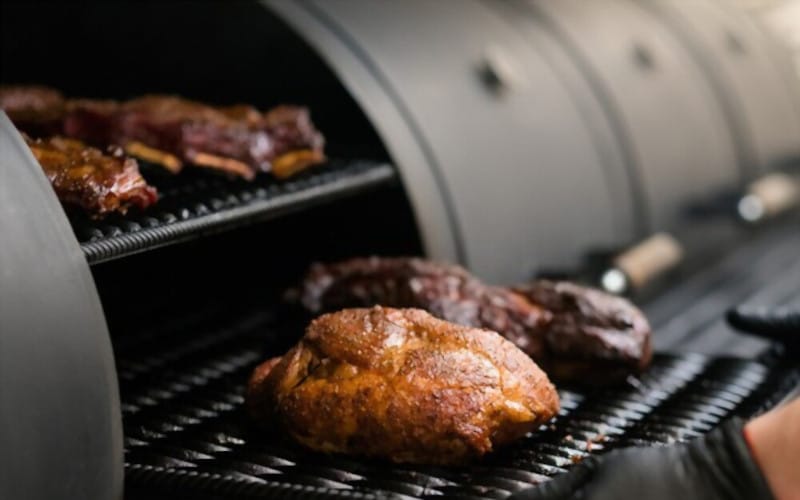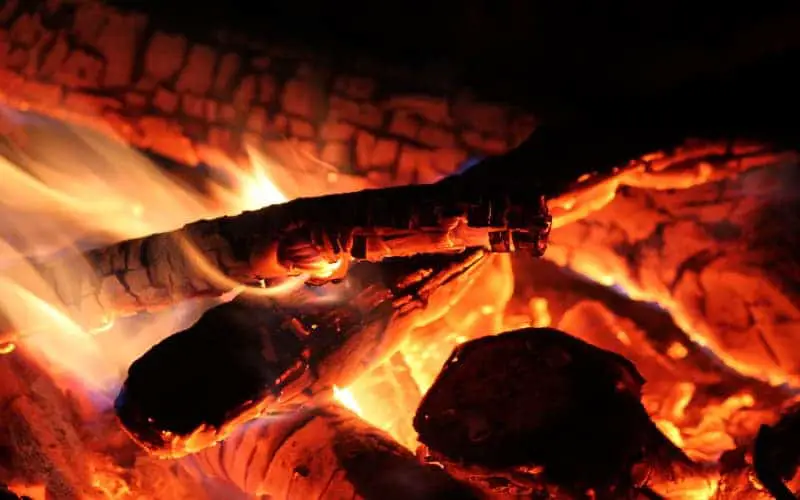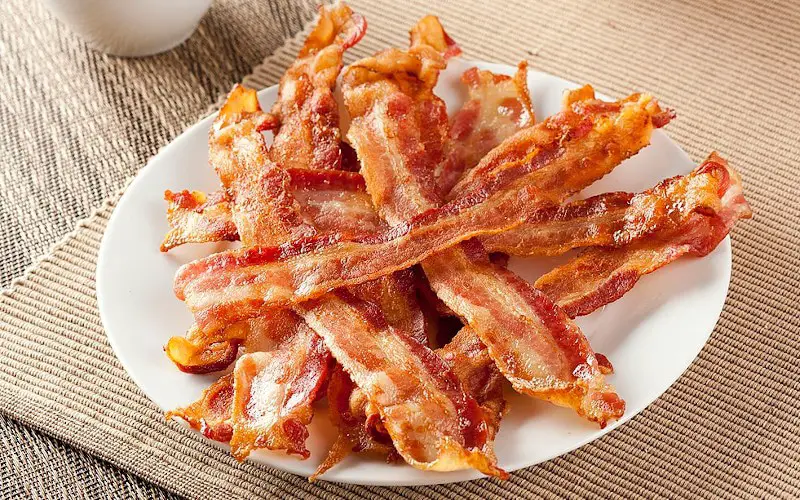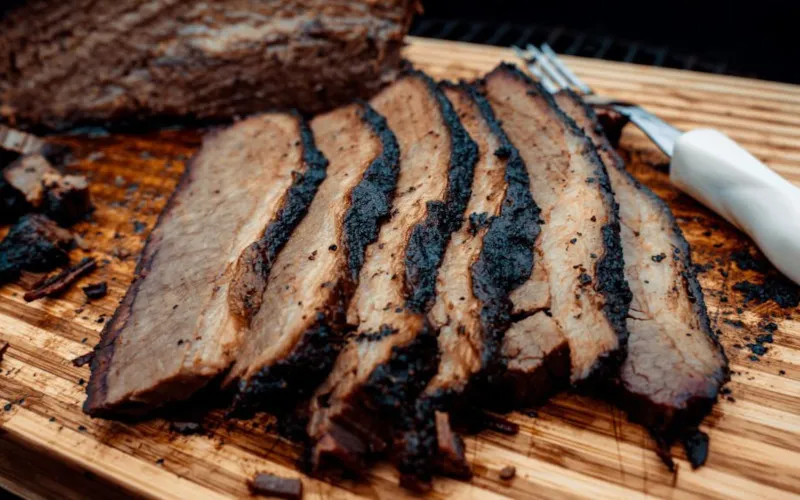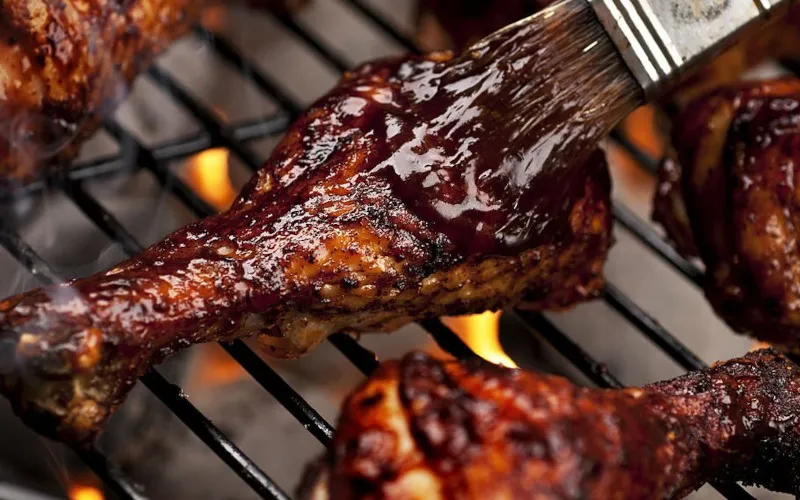Propane has become a relatively popular choice among many households, thanks to its reliability and accessibility. It is not only safe for the environment but also a high-energy alternative. From enhanced safety to its affordability and versatility, this is a choice you cannot overlook. But how much do you know about propane and how long does propane last? Here are a few invaluable insights to consider.
There is barely a one-dimensional answer for this. That is because the use of gas often varies from one household to another. It also depends on what you are using this propane for. However, it is likely to last between 18 and 20 hours if you use a medium-sized grill. On the other hand, it will last about 10 hours for larger grills.
Further, propane never goes bad. That means you do not have to worry about shelf-life. The catch lies in how you store it. Ensure that you keep the tanks away from flames, in cool places, and in areas where the temperature is below 120 degrees Fahrenheit. Take the time to understand how to take care of the tanks, which helps achieve maximum utility.
How Propane Tanks Work?
Have you taken the time to know how your propane tank works? Typically, it is a system that entails the regulator, pressure gauge, and tank. This system uses a two-stage gas regulator, assuring you of unrivaled safety. They help regulate the pressure of the propane from the tank to the appliance, which is critical in avoiding accidents.
Its tank comes in different sizes and designs, providing you with a wide pool from which to choose. Whether you want to install it to provide gas for cookers, water heaters, or propane smokers, you will get a choice.
These tanks are filled with propane under pressure, which ensures the gas remains pressurized at all times. Once you open its valve, the gas turns into vapor, escaping through the opening. From there, you can light your appliance.
How to Read a Propane Tank?
Reading your propane tank is relatively straightforward. Usually, these tanks come when 80% full. That is because propane is put in the tank in liquid form, and allowing some room for expansion is necessary. Ideally, the maximum fill percentage will always be 80%, meaning you are not getting scammed.
From there, it is important to understand the capacity of your propane tank. Usually, you will choose from 120, 250, 500, and 1000-gallon tanks. Understand that these tanks will come with a 0.8-fill, meaning a 120-gallon has no more than 96 gallons of propane.
The following table shows how the gauge reading translates to the propane tank capacity.
| Gauge Reading | 120 Gallon Tank | 250 Gallon Tank | 500 Gallon Tank | 1000 Gallon Tank |
|---|---|---|---|---|
| 80% | 96 | 200 | 400 | 800 |
| 70% | 84 | 175 | 350 | 700 |
| 60% | 72 | 150 | 300 | 600 |
| 50% | 60 | 125 | 250 | 500 |
| 40% | 48 | 100 | 200 | 400 |
| 30% | 36 | 75 | 150 | 300 |
| 20% | 24 | 50 | 100 | 200 |
| 10% | 12 | 25 | 50 | 100 |
Ideally, you will multiply the reading on the gauge by the tank’s capacity. For instance, if the reading is 50% and the tank capacity is 500 gallons, the tank contains 250 gallons. In brief, it is 0.5*500 gallons.
How Long Does a 20 lb Propane Tank Last?
There is no denying that estimating how long your propane lasts is critical. However, the lifespan will depend on how you use your propane. A few things must be set right.
Usually, the first step would be to know the number of BTUs you use. BTU (British Thermal Units) is the basic measurement unit used for rating how much energy it takes to produce sufficient heat.
Typically, one gallon is equivalent to approximately 92,000 BTUs.
Twenty pounds are equal to about 2.3965 gallons, meaning it can produce around 220,478 BTUs. Hypothetically, a furnace uses around 85,000 BTUs per hour. That means 20 pounds of propane will last approximately two and a half hours.
Suppose the total number of BTUs you use in your home is approximately 300,000. The number of hours your propane will be equivalent to 300,000 divided by 220,478. In this case, the gas will last for around one hour and 22 minutes.
How Long Will a 100 lb Propane Tank Last?
Various families require different quantities of propane for their household use. This tank holds approximately 11.9825 gallons of gas when full. However, this tank can only accommodate up to 9.58 gallons, producing 881,360 BTUs. Suppose you use around 40,000 BTUs in an hour. This tank will last you approximately 22 hours.
On the other hand, a 100-gallon tank is likely to last you much longer than you expect. Usually, this tank comes with about 80 gallons, which produce 7.36 million BTUs. That means a household that uses 40,000 BTUs an hour will use this tank for 184 hours. This figure implies you can use the tank for over 15 days, 12 hours a day.
How Much Propane Does a Smoker Use?
There is no one-dimensional answer to this. However, typically, a smoker burns between one and two pounds of fuel. This amount will suffice as long as you use a medium-sized grill and the heat is relatively high. Ideally, this tank guarantees you up to eight seamless grilling sessions.
Besides that, it will be best to know the BTU rating and your propane tank’s size, as they determine how long the gas will last.
Does Propane Go Bad?
It is no secret that most fuels, including gasoline and diesel, go bad with time. Is it any different with propane? Yes. Propane never goes bad. However, its survival will depend on the lifespan of the tank used. As long as the tank can last long, you will have no reason to worry.
How Long Can You Store Propane?
The shelf life of propane is one you will appreciate. Usually, you will be free to store this propane for as long as you want, as it never goes bad. Typically, this gas does not degrade through the natural process. Propane can only go bad if its storage tank expires. The average lifespan of these tanks is about 30 years.
How Long Do Propane Tanks Last?
On average, propane tanks can last for about 30 years. Thanks to the high-quality materials used, these tanks will provide you with the efficiency you need. Most of these tanks are made of aluminum or composite, meaning they can last longer than the 30-year average.
Is It Cheaper To Heat With Propane or Electricity?
There is no denying that propane will always have the edge over electricity. It is not only affordable but also accessible. Propane can comfortably provide enough fuel to power every appliance in your house. Besides, propane tends to be much warmer than electricity. It usually operates on short intervals and heats the air to about 140°F. What is more, you could get a few incentives for using propane, thanks to its eco-friendliness.
Is It Cheaper to Refill or Exchange Propane Tanks?
Refilling your propane will always be much more affordable. This choice saves you about $1.75. Besides, you will only pay for the gas you use. There will be no cost attached to the tank you get, saving you a considerable amount of time in the long run.
Where to Refill Propane Tanks?
Did you know that you have multiple spots where you can refill your propane tank? You could consider chain stores, gas stations, and convenience stores. Some grocery stores could also have these propane tanks.
How Much Does It Cost to Fill a Propane Tank?
The average cost of filling or exchanging a propane tank varies. Usually, you will spend between $5 and $6 per gallon to exchange a propane tank. On the other hand, you will part with between $3 and $4 to refill one gallon of propane. That means the average difference between refilling and exchanging a propane tank is about $1.75.
How Much is a Propane Tank?
Propane tanks come in different sizes, each with specific price tags. Your choice will depend on how much you can afford. While a 20-pound tank costs $40, a 100-gallon will come at around $500. A 500-gallon tank is approximately $1500, while a 1000-gallon tank costs $2500.
If you intend to go for smaller tanks, a 5-gallon tank will cost between $30 and $60. A 50-gallon is between $350 and $700, while a 120-gallon tank is approximately $400 to $800.
Usually, the cost of the tanks will vary with the materials used. Aluminum and composite are relatively strong, assuring you of unrivaled longevity. Thanks to this longevity, you will end up paying a higher price. The size matters too, with bigger ones costing much more than smaller options.
How Long Does a 1 lb Propane Tank Last on a Gas Grill?
Typically one pound of propane should last between one and one and a half hours on a gas grill. You also consider calculating the time it will take. If the BTU consumption is relatively lower, you will surely use the tank for a much longer period.
How Much Does a Propane Tank Weigh?
Undoubtedly, you will always want a relatively light propane tank. Unless you take the time to compare the weight, you could end up disappointed. On average, these tanks weigh approximately 17 pounds and can hold up to 20 pounds of propane.
Propane tanks have two numbers stamped on their handles. These numbers usually highlight the water capacity and the tare capacity of the tank. While the tare weight highlights the tank’s weight when empty, the water capacity includes the weight of the gas and the tank. Take the time to study and understand these figures before you can settle for one.
How to Dispose of Propane Tanks?
Did you know that poor disposal approaches could result in extensive harm to the environment? The best way would be to know how and when to dispose of it, as it helps protect nature. First, ensure that your tank is empty.
IF your canister is one pound or less, you can take it to the local household disposal firms. However, ensure that you remove the regulator and puncture the tank. On the other hand, you will have to consult your supplier if the tank is bigger than this. Companies such as AmeriGas will come in handy for you at this time.
Can Propane Tanks Stay Outside in Winter?
Yes. There is no denying that you are likely to have concerns about whether or not to have your tank outside during winter. Do not worry, as low temperatures will hardly affect propane. Unlike high temperatures, freezing temperatures pose no safety concern. High temperatures can also cause propane tanks to explode, which can be fatal.
Most propane tanks are made from high-quality materials, including aluminum and composite. These materials will readily assure you of reliability regardless of the existing temperatures. They are barely susceptible to corrosive elements too.
However, it would be best not to put the propane tanks in damp areas. Remember, snow could result in rusting some materials, which will affect the longevity of the tank. This rust can also end up causing gas leakage in the long run.
If the snow is too much, it will be right to use a plastic tarp at the tank’s base. It will help keep the snow off, extending its longevity. Besides that, ensure that the tank is in a flat area, as it boosts stability.
Where is Propane Tank Expiration?
Have you ever checked a propane tank’s collar? This part of the tank has the date of manufacture and requalification. Immediately after the requalification date, there is an E, which stands for the end date. All these dates indicate the month and the year. For instance, 08-20 stands for August 2020. Ideally, you have to take the necessary steps once August sets in.
In conclusion, you can hardly overlook how important propane has become to many households. From its affordability to its accessibility, this is something you cannot miss. The catch is to get genuine propane tanks. The best way would be to buy your tanks from reputable vendors or gas companies. It will assure you of unrivaled safety in the long run. Thankfully, the insights provided above will help make better decisions in the long run. The information provided helps you know how to handle the tanks and even maintain them. Get yourself a propane tank today!

